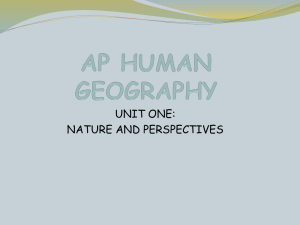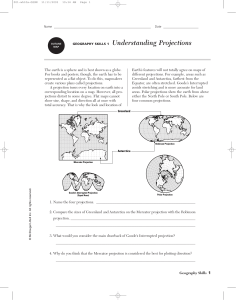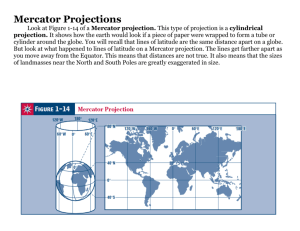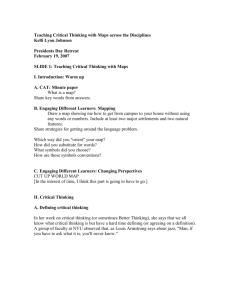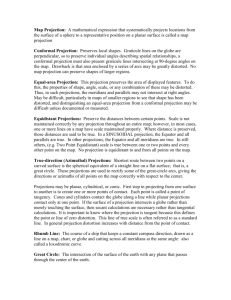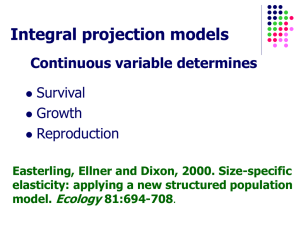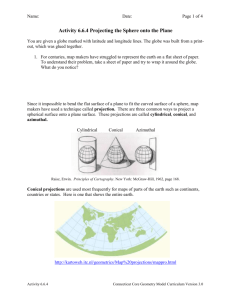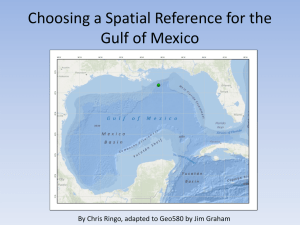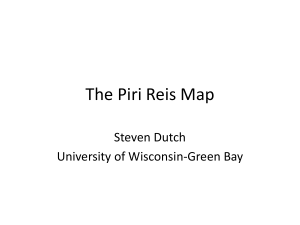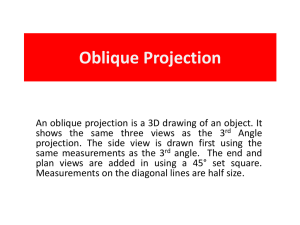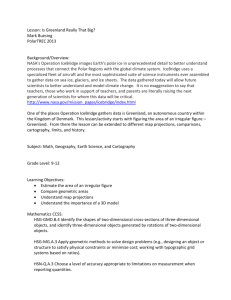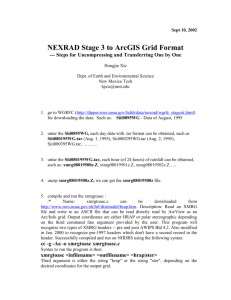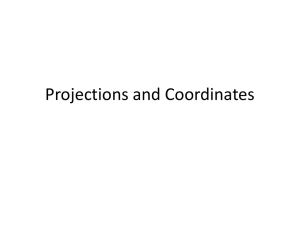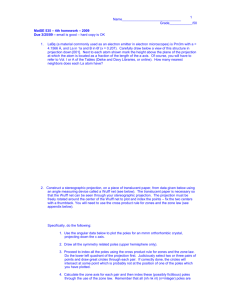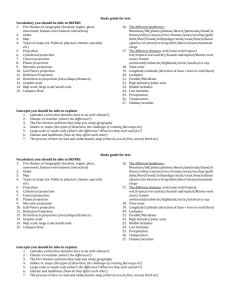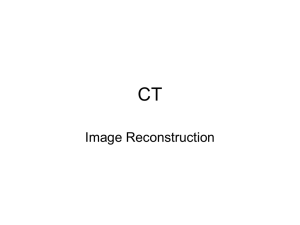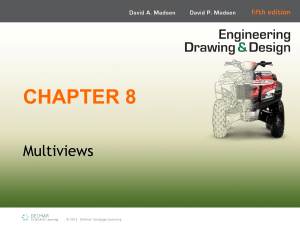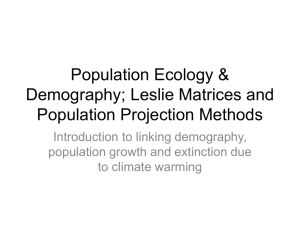Types of Maps & Map Projection PowerPoint
advertisement
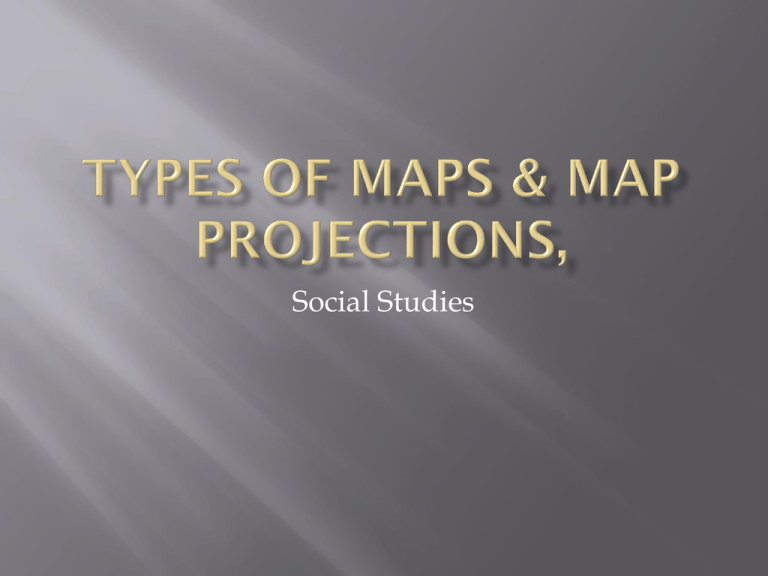
Social Studies What is a map? A map is a graphic representation of a portion of the earth's surface drawn to scale, as seen from above. What maps have you used? Physical map Relief map Map that shows the height of land above sea level. Political map Map that shows how the land looks. Map that shows how humans have divided the surface of the Earth. Special Purpose map Map that gives one particular kind of information. Shows how the land looks Give some examples of things a physical map might show. Mountains Rivers Plains Lakes Other physical features of the land. Map that shows the height of land above sea level. Map that shows how humans have divided the surface of the Earth. Divided into countries, states, etc… Displays some physical features since those are often used as boundaries. A map that gives one particular kind of information. Rainfall maps, population density maps, Zip Code map, interstate/highway map, etc… Maps are usually a combination of physical, political, and special purpose. Example: A map may show the products produced in each state within the United States along with major rivers. What types of maps are represented in the examples below? A map projection is a way to show the rounded Earth on a flat piece of paper. Maps show four things Direction Distance Shape Size Globes can show all four accurately but maps cannot. To get one thing accurate, we must give up another. Map projection Conic projection Map projection used for showing small areas midway between the equator and the poles. Gall-Peters projection A way of showing the earth on a piece of paper. Map projection that shows the sizes of the landmasses correctly. Mercator projection Map projection that shows true directions and land shapes but exaggerates size of landmasses. Shows how the Earth would look if a piece of paper were wrapped to form a tube around the globe. The distances are not true. The sizes of the landmasses near the North and South poles are greatly exaggerated. Compare the sizes of South America and Greenland on a Mercator map. South America is actually nine times larger than Greenland. Map projection that shows the sizes of the landmasses correctly. However, shapes and distances are not accurate. Map projection used for showing small areas midway between the equator and the poles. Size, distance, and direction are fairly accurate. It comes from the idea of placing a cone over part of a globe. There are a number of other kinds of projections which show the sizes and shapes of landmasses fairly accurately. Remember that no map can show direction, distance, shape, and size at the same time as accurately as a globe. Every kind of map has a special use, but none is perfect. Be careful about making judgments about the world based on maps since shape, size, or distance may be inaccurate.
